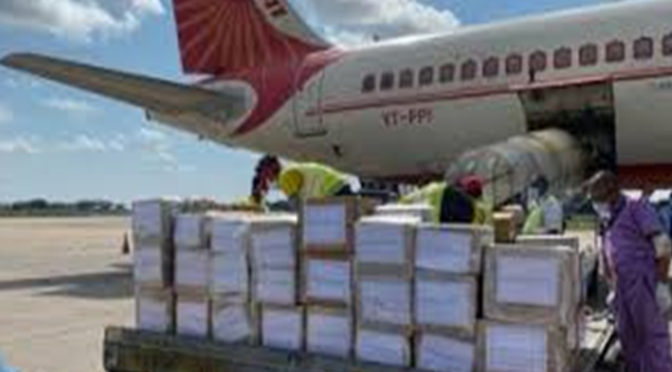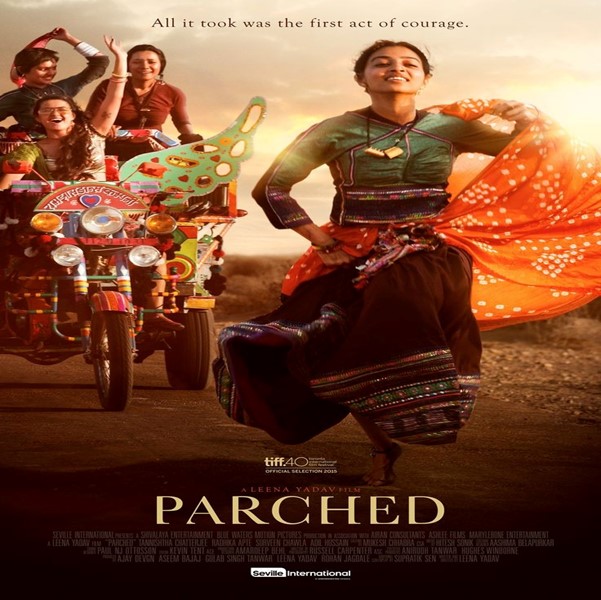Analysing India’s role as an Emerging Donor in South Asia with special reference to Medical Diplomacy
Posted on : November 30, 2020Author : AGA Admin

According to the dominant development discourse in international development, cooperation has always been perceived in the context of North-South relations- where capital resources and technical skills possessed by the developed North was perceived to be absent in the developing South. Indeed, this gap was always used to explain the latter’s underdevelopment. Therefore the persistent thought was that the North must promote international development by providing economic, financial and technical assistance to the South.
South-South Cooperation (SSC) in international politics is not a recent phenomenon but the term has gained relatively greater momentum in the development assistance paradigm with the increasing role assumed by the emerging powers of the Global South in the international aid architecture. The evolution of SSC in development cooperation has evolved with time and the emerging powers are seen to be emphasising the importance of SSC in their development cooperation agendas. Most of the emerging powers including China, India, Brazil, South Africa, Thailand, Indonesia, Malaysia, Venezuela and Colombia are all engaged in the development processes of other developing countries. Therefore, regional powers, especially of the Global South, are perceived to become the agents of change.
It is within this context that the article now goes on to examine India’s emerging role in conducting health diplomacy during COVID19 pandemic. The declaration of a worldwide pandemic by World Health Organisation (WHO) on March 12, 2020 marked the advent of a preposterous crisis across the globe. Although India endorses the idea of self-reliance; however it does not propagate self-centric foreign policies. The Sanskrit dictum Vasudhaiva Kutumbakam (The whole world is one family) has been one of the important determinants of India’s foreign policy while conducting cooperative relations with countries in South Asia.
SSC’s main motive is to develop the South within a multilateral institutional framework through equitable access to trade, technology and investment. Upholding this principle, India owing to the circumstances of a worldwide pandemic decided to engage in international cooperation to advocate medical diplomacy. This would include fair and equitable distribution of medical supplies and vaccines to combat the menace of COVID19. India has signed a resolution with the United Nations with the intention of engaging in international cooperation and development partnership to distribute medical aid to various developing countries in need, especially in South Asia. This engagement has received positive attention at the international podium and was popularly regarded by many political commentators as “medical diplomacy”.
Since April 2020 India exported Hydroxychloroquine (HCQ) to the most affected countries of the world. According to the reports published by the United Nations, India provided 1.9 million paracetamol tablets and 2.8 million HCQs to 31 countries and 25 countries respectively. Alongside this initiative, consignments of paracetamol and HCQ were exported to 87 countries whereby aiding in the trade modality of South-South Cooperation.
India has not restricted itself to just providing medicinal aid through grants or commercial means but has gone a little ahead by facilitating the transfer of knowledge and skill to medical practitioners through the means of capacity building modality of SSC. Indian medical staffs are regularly engaged in providing online training to their counterparts from other SAARC, Latin American or African countries.
According to reports by the UN office of SSC, India along with Brazil and South Africa through the Facility for Poverty and Hunger Alleviation (IBSA Fund) worked towards providing key e-Learning projects to augment and elevate healthcare coverage which in turn aided healthcare workers to reach out to people in remote villages or places of Northern Vietnam during COVID19 pandemic. India’s medical aid was not only confined to the developing South but was also extended to Northern developed countries such as the United Kingdom, USA, Spain and many others under commercial agreements signed with pharmaceutical companies of India and this is a significant instance given the rigid and uncompromising standards of pharmaceuticals propagated by these countries.
Given India’s problem related to a resource crunch and augmented domestic demand, being a developing country itself, India’s leadership in response to the COVID19 pandemic in the global podium is worth recognising. The effort put forth by China in providing medical test kits have not been as effective as India’s medical aid and this quandary has helped India become a responsible and reliable player in the international arena when many international actors were incapable of responding adequately. India attaches great strategic value to its development assistance programme and therefore it serves as an important instrument of India’s economic statecraft.
Emerging donors should understand that SSC is a platform for developing countries to work in collaboration as partners in order to resolve certain grave issues. But unfortunately, SSC has become a battleground for the emerging donors who wish to become an important regional power in the south- to be precise a regional “hegemon”. SSC is a great platform for the developing countries to rise in the hierarchy of international politics but it is imperative for the emerging donors to also understand that the real agenda of SSC is to provide a collaborative platform among developing states.
Shatarupa Dey
Adjunct Researcher, AGA





Leave a Reply